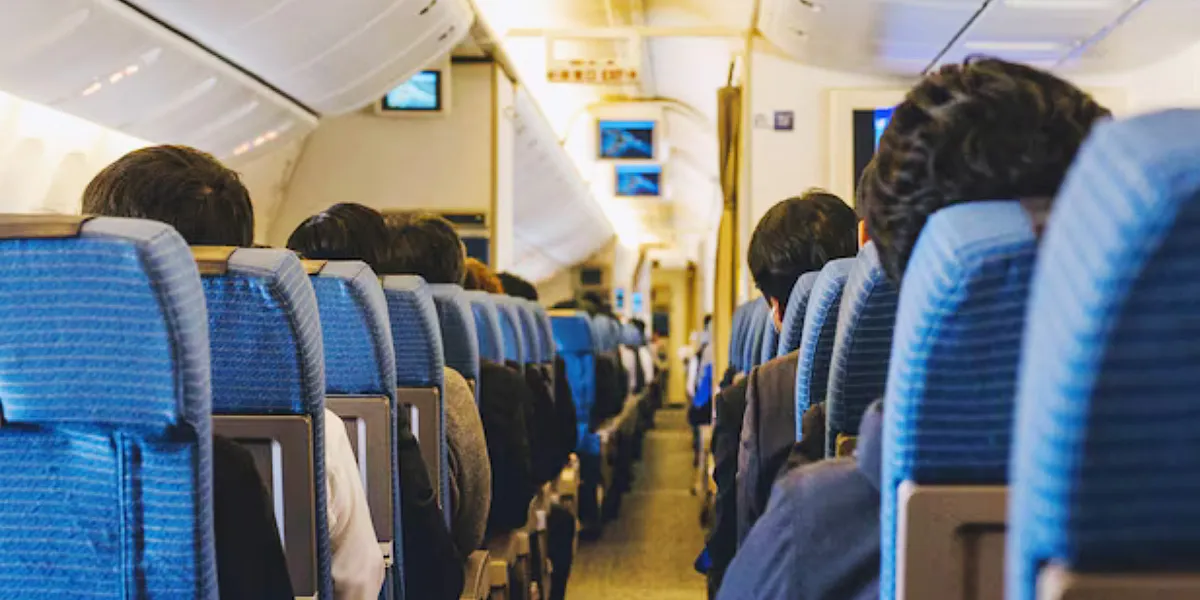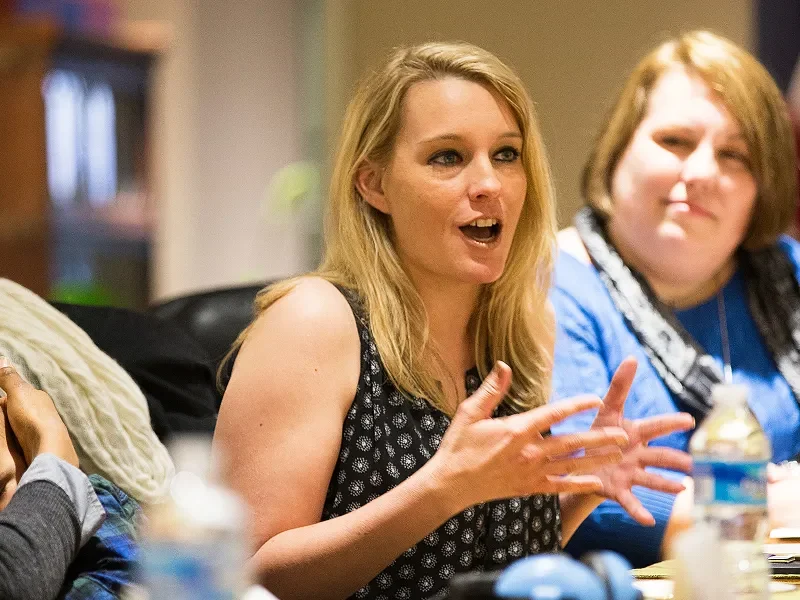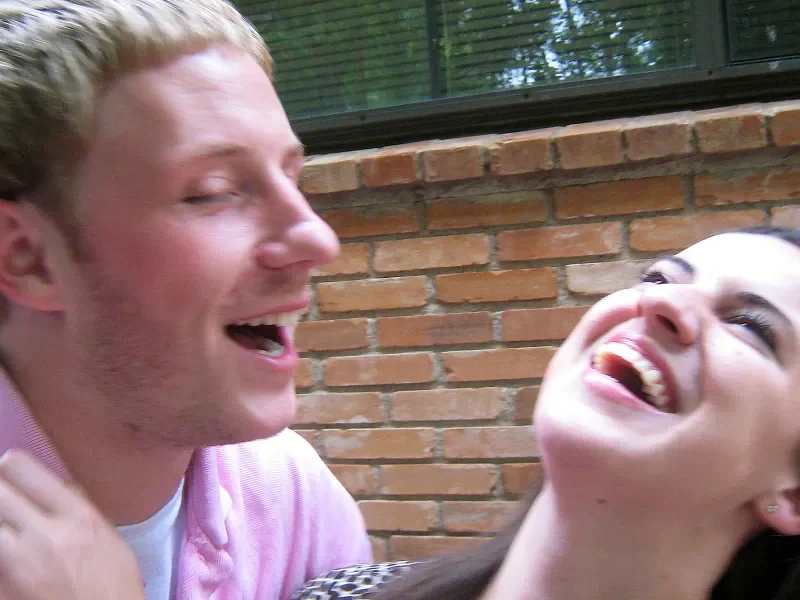I was called “homeless,” mocked in front of a full cabin, and treated like trash in business class. By the time the wheels hit the runway, the same people who laughed at me were on their feet, giving me a standing ovation.
I’m 73 years old, and my hands shake as I type this. Three years ago, my daughter Claire died. She was my only child. If you’ve ever buried your kid, you know there’s no “moving on.” People say time heals, but every morning still feels like getting hit by a truck. I stopped living that day.
I didn’t leave the house much. I let calls go unanswered. My son-in-law, Mark, tried his best. He’d show up at my door, knock until I opened, and push me to rejoin the world.
One night, he sat across from me at the kitchen table. “Robert,” he said gently, “come down to Charlotte. It’ll do you good.”
“I don’t belong down there,” I muttered. “I don’t belong anywhere anymore.”
He leaned forward. “You do. You belong with family. Please.”
I wanted to tell him no. I wanted to stay in my dark little cave where memories were all I had left. But the look in his eyes, tired, hopeful, desperate, wore me down. Against everything in me, I said yes.
Which is how, two weeks later, I found myself staring at a plane ticket for the first time in decades. Just holding it made my stomach twist. Airports, crowds, strangers—it was like agreeing to walk into a storm without an umbrella.
The morning of the flight, I tried to make an effort. I pulled on the nicest thing I owned—a dark jacket Claire had given me for Father’s Day years ago. I even stood in front of the mirror long enough to shave. “For you, kiddo,” I whispered. “For you and for Mark.”
But fate had other plans.
On the way to the airport, I cut through a side street downtown. That’s where they cornered me—a group of young guys, loud and cocky.
“Hey, Pops,” one of them sneered, stepping in front of me. “Where are you headed, looking so fancy?”
Before I could answer, another shoved me hard against the wall. My shoulder cracked painfully. They yanked at my jacket, ripping the sleeve, and pulled the few bills I had out of my wallet.
I croaked, “Please… that’s all I have.”
The tallest one laughed in my face. “Old man looks like a bum already. No one’s gonna miss this.”
Their laughter echoed long after they scattered, leaving me bruised and shaken on the sidewalk. By the time I stumbled into the airport, my jacket hung in tatters, my lip was split, and my wallet was gone.
People stared. Some turned away, others whispered. To them, I must’ve looked like some vagrant who wandered in from the street.
I kept my head down and shuffled toward security. Every step, my chest burned with humiliation. Claire’s jacket, my last gift from her, was ruined.
By the time I reached my gate, I thought maybe things would calm down. That I’d just sit, wait, and get through it.
I was wrong.
When they called business class boarding, I clutched the ticket Mark had bought me. I’d never flown like that in my life. My palms were sweating as I stepped onto the carpeted jet bridge, heart hammering like I was sneaking into someplace I didn’t belong.
Then I walked into the cabin.
Silence.
Dozens of heads turned in unison. The chatter died, replaced by the unmistakable weight of judgment. And I knew, in that instant, this flight was going to be worse than anything I’d imagined.
I must have looked every bit the part they imagined—torn jacket, no luggage, grief carved into my face like stone. The woman in 2B physically pulled her purse closer the moment I passed, her knuckles white around the strap.
A man in 4C muttered just loud enough for everyone to hear, “Jesus. Don’t they screen people before letting them sit up here?”
The laughter that followed was quick, sharp, like knives being unsheathed. And then there was the man in 3A.
He was everything I wasn’t: a perfect navy suit pressed crisp, a Rolex flashing under the cabin lights, hair slicked back like a magazine ad. He looked at me and sneered before I even reached my seat.
“Hey,” he snapped his fingers—at me, like I was a waiter. “Buddy. You lost? Coach is back that way.”
My throat went dry. “No,” I said, forcing the word out. “This is my seat.”
He barked out a laugh. “Right. And I’m the Pope.”
I didn’t move. I just held up my ticket with shaking hands. That only made him smirk wider.
“Excuse me?” he waved a flight attendant over. “Can you explain why a guy who looks like he just crawled out of a dumpster is sitting in business class?”
The attendant’s cheeks turned red as she checked my ticket. She cleared her throat and said softly, “Sir, he belongs here.”
Rolex leaned back in his seat, scoffing loud enough for half the cabin to hear. “Unbelievable. I pay thousands for this seat, and THIS is what I get? What’s next, stray dogs?”
This time, more people chuckled. Not everyone—but enough. Enough to sting. My face burned as I lowered myself into the seat. I wanted to vanish, to sink into the cushions and disappear.
The attendant set down a flute of champagne for him. He lifted it with a smug little grin, then turned his head just enough so the whole row could hear: “Maybe you can fetch my neighbor a bath and a sandwich while you’re at it.”
The cabin erupted in little giggles. A couple of passengers gave me sympathetic looks, but most wouldn’t even meet my eyes. To them, I was contamination—something that didn’t belong.
I turned toward the window, folding my hands in my lap, forcing myself to breathe. Claire used to love clouds. When she was little, she’d press her face against the glass and squeal, “Daddy, they look like cotton candy!”
I held that memory like a shield. It was the only thing keeping me from breaking down right there.
Hours passed. I didn’t eat. Didn’t drink. I sat stiff in my seat, hands folded tight, waiting for it all to be over. Every cruel chuckle, every side glance, every whisper pressed down on me like a weight I couldn’t shake.
When the wheels finally hit the runway, relief flooded me. I figured I’d slink off quietly, unseen, unimportant, and never set foot on a plane again.
But then the PA system crackled.
“Ladies and gentlemen,” came the captain’s voice, steady but warm, “this is your captain speaking…”
Something about it tugged at my chest. I knew that voice. I knew it achingly well.
“Before we disembark,” he continued, “I want to take a moment. Today, one of our passengers reminded me what strength and dignity really look like.”
The cabin stirred. People glanced at each other, confused.
“You may have judged him. You may have laughed at him. But that man… is my father-in-law.”
My heart stopped. Mark.
The cabin froze. Dozens of heads whipped toward me, faces going pale as realization hit.
“I lost my wife—his daughter—three years ago,” Mark said, his voice tightening. “I was an orphan, and Robert here became the father I never had. He’s the reason I get up every day. The reason I fly. You all saw a man down on his luck. I see the man who saved me.”
The silence was deafening. A sniffle broke somewhere in the back. Someone gasped. Mr. Rolex in 3A looked like he wanted to crawl under his polished leather shoes.
Mark’s voice wavered, just slightly. “So before you leave this plane, remember—you sat beside the bravest man I’ve ever known. And if first-class means anything, it should start with decency. Some of you forgot that today.”
Applause erupted. At first scattered, then swelling, rolling through the cabin until people were on their feet. Clapping. Cheering. Some wiping tears.
Me? I just sat there, stunned. My chest ached, my cheeks wet, but for the first time in three years, I didn’t feel invisible.
As the applause roared around me, Rolex leaned sideways, his face ashen. His voice was barely a whisper. “Sir… I—I didn’t know.”
I turned, met his eyes, and said quietly, “You didn’t want to know.”


